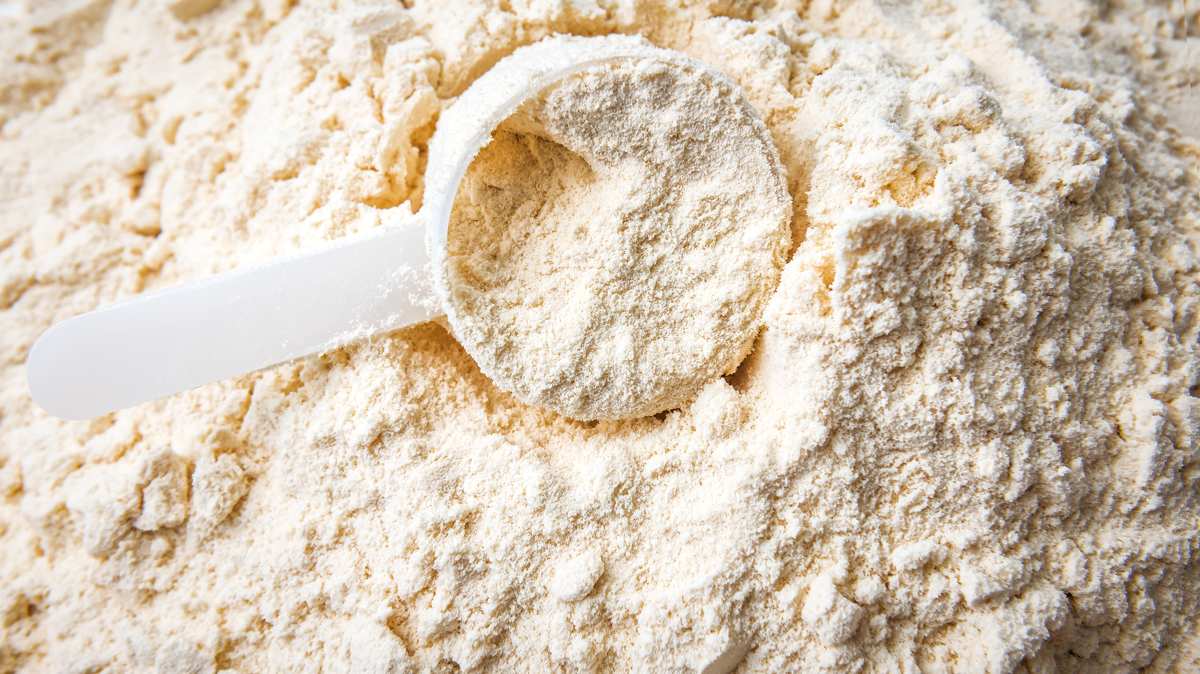Demystifying Calcium
Many owners can feel overwhelmed trying to understand how to give their beardie the calcium they need. What seems to be an easy subject quickly turns to confusion when vitamin D3, UV exposure, and phosphorus start being discussed. If this is you, fear not. This one section should answer all your questions so you never second guess your bearded dragon's calcium regime in the future.
Calcium and Vitamin D
Vitamin D is required for calcium absorption to occur. This means bearded dragons that don't receive enough vitamin D will eventually develop a calcium deficiency. The first step to make sure your beardie has enough calcium is providing them with vitamin D. Below are the best sources of vitamin D.
Natural SunlightBearded dragons are adapted to use the sun as their primary source of vitamin D. This is the best source of vitamin D. The UVB rays from natural sunlight are converted to vitamin D3 which they use to absorb calcium. Keep the following in mind if you're planning on using sunlight to provide vitamin D to your beardie:
- Your beardie must be in direct sunlight outside. The sun's UVB rays which generate vitamin D is blocked by glass and windows. So placing your beardie next to a window will not provide any vitamin D.
- Watch out for predators. Dogs, cats, and large birds may prey on your bearded dragon so monitor them while they are outdoors.
- Watch the weather. If it's wet, cold, or humid your beardie should stay inside. If it's too hot your bearded dragon will need a place to cool down.
- Vitamin D supplements are not necessary on days your beardie has been outside in direct sunlight for 30 minutes.
UVB bulbs mimic the sun's natural UVB rays which provide bearded dragons with a source of vitamin D3. These bulbs are required for all bearded dragons kept indoors. Keep the following in mind with UVB bulbs:
- UVB light is invisible to humans, so an illuminated tank does not guarantee UVB is reaching your beardie.
- UVB bulbs lose their strength overtime and should be replaced regularly. Cheaper UVB bulbs have a lifespan of 6 months whereas higher quality UVB bulbs can last as long as a year before needing to be replaced.
- Mesh screens commonly placed on top of tanks block up to 30% of UVB. If you cannot safely place the UVB bulb directly inside your beardies tank, carefully trim or cut the screen away from the bulb so your beardie can receive the bulb's full strength.
- Glass and clear plastic block 100% of UVB light. There cannot be any glass or plastic between the UVB bulb and your beardie.
If your beardie stays mostly indoors you should also use a vitamin D supplement. Supplements by themselves cannot provide all the vitamin D your bearded needs so they should be used in combination with UVB bulbs.
Calcium and Phosphorus
Both calcium and phosphorus are minerals that occur naturally in food. However, they have a unique relationship as phosphorus blocks calcium from being absorbed. This means foods high in phosphorus can block all the calcium in that meal from being absorbed. One way to look at it is to assume each mg of phosphorus will block one mg of calcium.
This ratio of calcium to phosphorus is displayed as Ca:P and the ideal ratio is 2:1 (which is twice as much calcium as phosphorus). Not every meal has to be the perfect ratio, some meals can contain more or less calcium than desired. The easiest way to keep your beardies calcium and phosphorus levels balanced is to look at the previous week's diet and make adjustments where needed. Below are some tips:
- Use a calcium supplement with their existing diet to provide additional calcium without altering the diet
- Introduce new foods that are high in calcium but low in phosphorus



